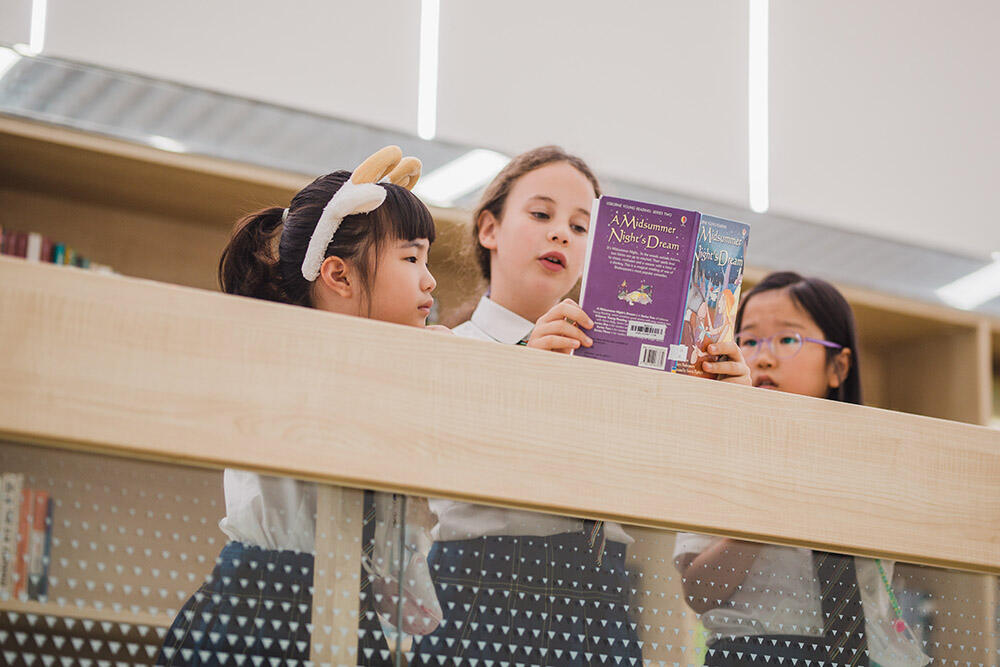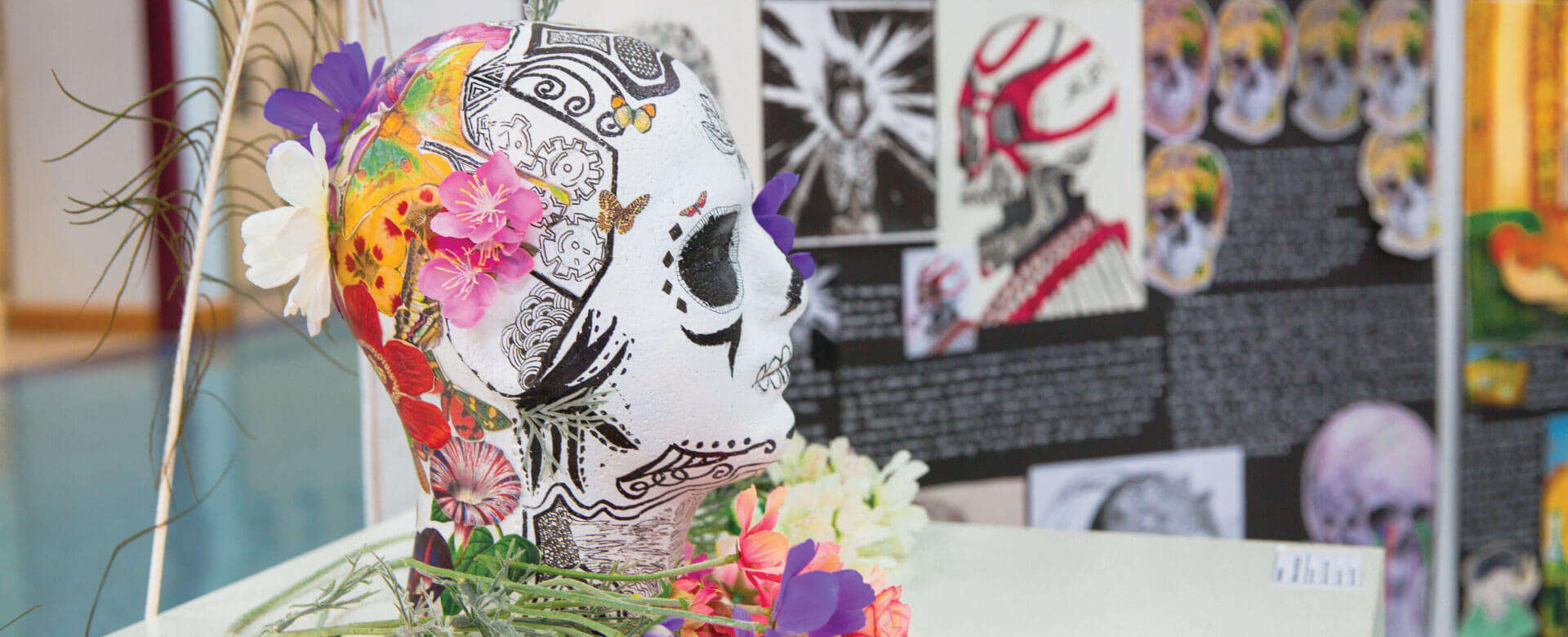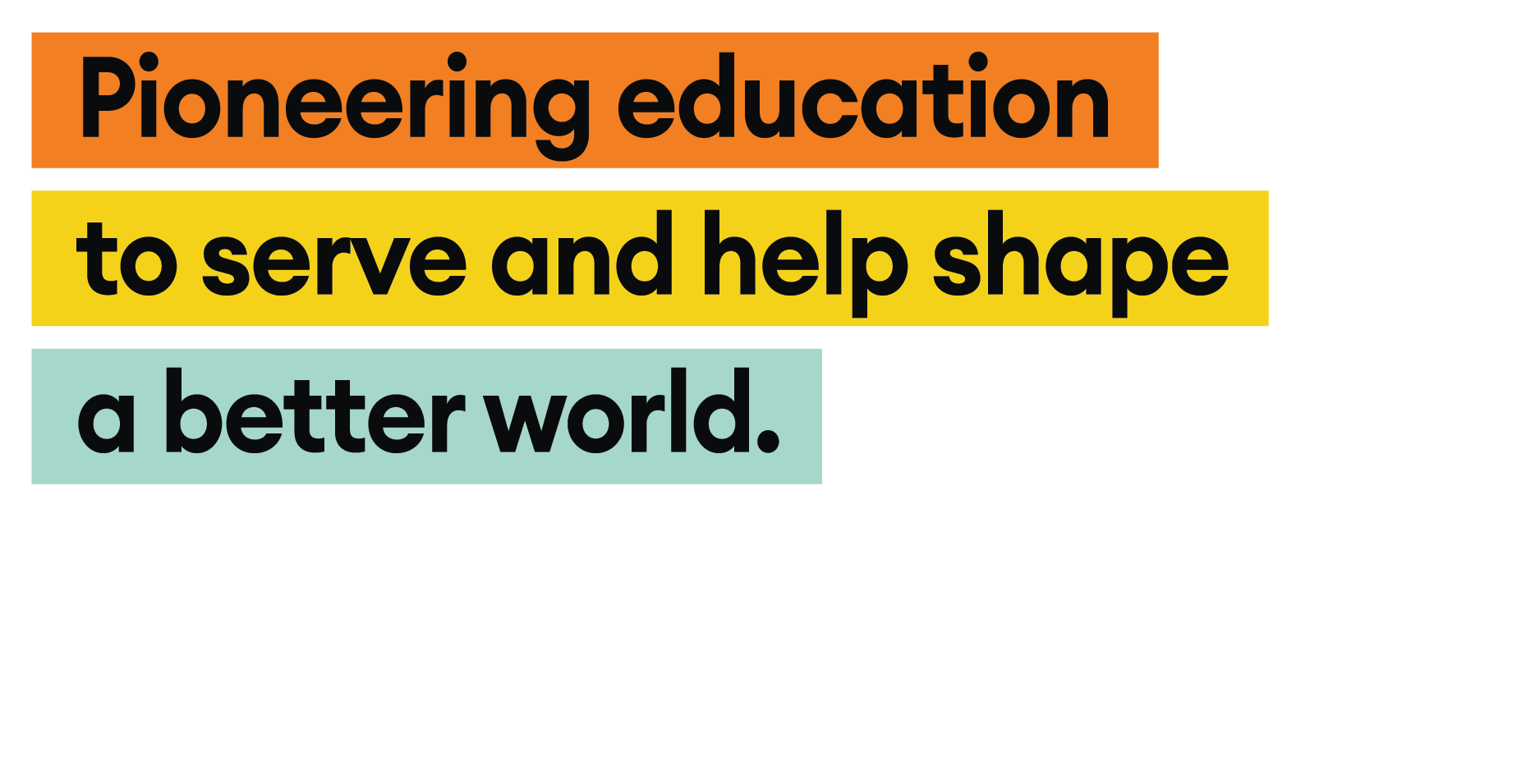Science Fair丨Science is more than a subject but a way of life
Tony Lane
Year 6 Teacher / IPC Lead / STEAM Lead
This term our junior school pupils at Wellington College International Tianjin have been exploring aspects of scientific thinking following the science investigation cycle. This form of inquiry focuses on researching a theory and following a process to prove or disprove a question related to their chosen concept.
Our science investigation cycle consists of six steps (this varied depending on the year groups):
-
big question
-
research
-
hypothesis
-
fair test
-
analyse
-
communicate and reflect
✦
The science investigation cycle is a great way to learn processes such as questioning, researching, measuring, classifying, inferring, finding patterns, predicting and communicating.
Skills such as formulating hypotheses, fair testing, identifying and controlling variables, collecting, organising and interpreting data and generating conclusions were developed through experiments, group activities, class/peer discussion, hands-on activities and independent work.
Twenty-first-century skills and processes were also developed. These skills include iteration (in the fair test), project management (remaining focussed as a group), time management (meeting deadlines), interpersonal skills (development of culturally responsive practice in teams) and critical reflection (in their conclusions and next steps).
✦
BIG QUESTION / RESEARCH
The first stage of the science investigation cycle involved asking a question of interest about their inquiry unit. Year 4 were learning about the human body and one group chose to inquire about how the heart works. Once groups had decided their area of focus, they were encouraged to talk to their teacher, mother, father or anyone who might provide information about their chosen topic. Students then developed higher and lower order questions to gain a greater understanding of their chosen topic in order to develop a hypothesis.
✦
HYPOTHESIS
After having thoroughly researched their topic, groups began to develop a prediction about what they thought would happen if certain variables in a system were changed or removed. This educated guess became their hypothesis, a statement that could be readily measured and tested for i.e., I think black shirts absorb the most heat from direct sunlight. Students then had to justify their hypothesis through research and provide evidence (scientific theory) to support their hypothesis.
✦
FAIR TEST
From here students prepared a materials list and experimental procedure. Controlled, independent and dependent variables needed to be identified and explained. As students could articulate the variables that would affect their experiment, they could then confidently design a fair test.
This stage of the science investigation was the hardest to conceptually grasp and enact. Groups had to develop a test that involved changing one variable and measuring the impact that this change had on another variable, all the while making sure the other variables remained constant or negligible to the experiment. To design this test, students had to have done sufficient research at the beginning of their scientific investigation. Usually, groups had to revisit their research notes or expand on what they had already learned to attempt this part of the science process successfully.
✦
Here is an example of a student’s fair test:
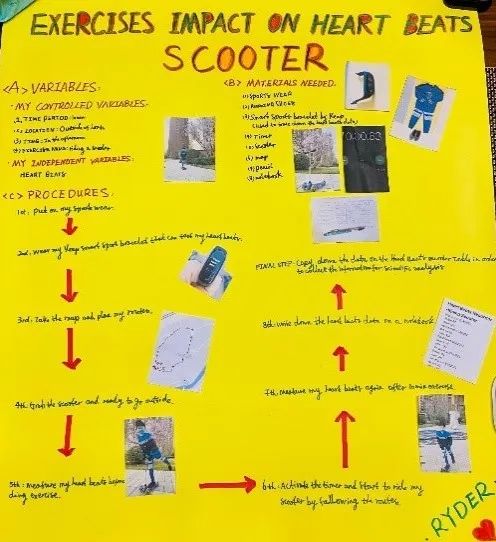
✦
ANALYSE
Following the fair test, students collated their data to look for patterns. They were taught how to analyse data by identifying maximum and minimum values, points of largest/least change and outliers that did not fit the pattern. At this stage of the process, students could either find data to support their hypothesis or reject it. Below is an example of a group’s work collating data from a weeks’ worth of testing.
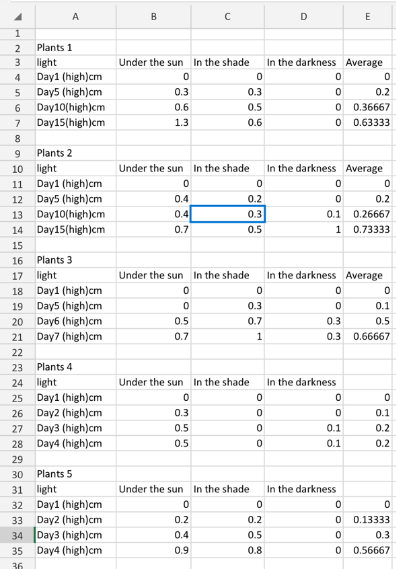
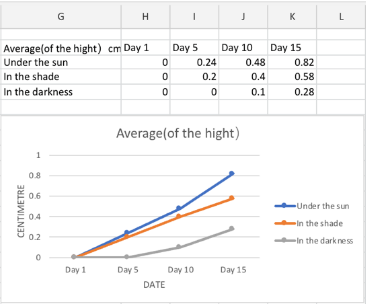
✦
COMMUNICATE AND REFLECT
At the end of the process, groups had to ask questions like:
-
Did your experiment support your hypothesis?
-
Does additional research need to be conducted?
-
How did your experiment address your initial question and purpose?
We wanted students to reflect on the process to gain a deeper understanding of what it means to be a scientist and a lifelong learner. We also wanted students to communicate what they had learned and how they had learned it in order to understand that there is a process for gaining knowledge.
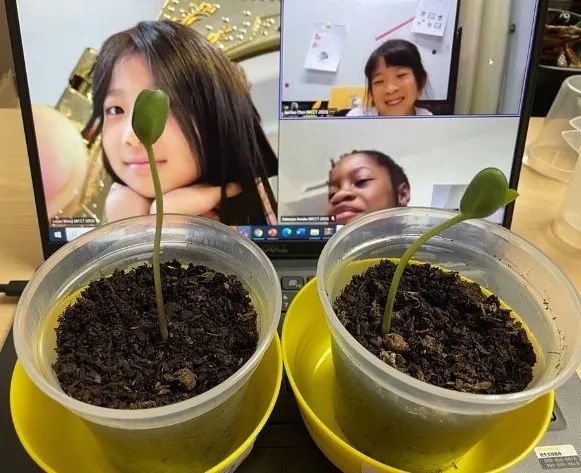
WHAT DID WE LEARN?
Resilience is one of the key values of our school. Many students demonstrated a positive mindset throughout the science investigation cycle, however some needed help developing one to succeed. Students had to navigate problems such as unanticipated events (COVID restrictions) and failure (fair test mistakes) to reach their final goal. Learning from failure is incontrovertible. It is one of those skills that once mastered becomes invaluable. By experiencing and learning from these setbacks, students understand the power of a positive mindset. This understanding of resilience will help them to succeed in life as well.
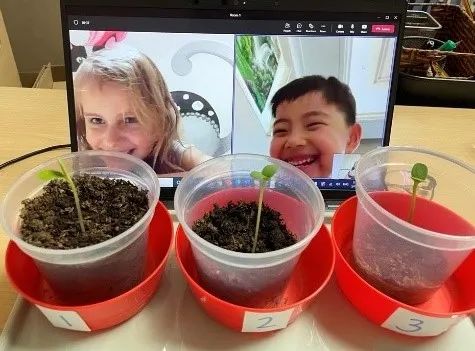
I am very proud of the students’ efforts to continue their science investigations over such a disruptive time. COVID restrictions have played a major role in changing the focus, duration and direction of the scientific investigation process. However, I am very impressed by the quality of learning that has occurred over the last several weeks of online learning.
Science is a subject that feeds a natural love of learning. For me, it is more than a subject but a way of life. Each student at Wellington College Tianjin needs to understand that science is not magic but a system of thinking that has been honed and refined through time to explain the myriad of processes and systems that happen around us each day.
Related Articles

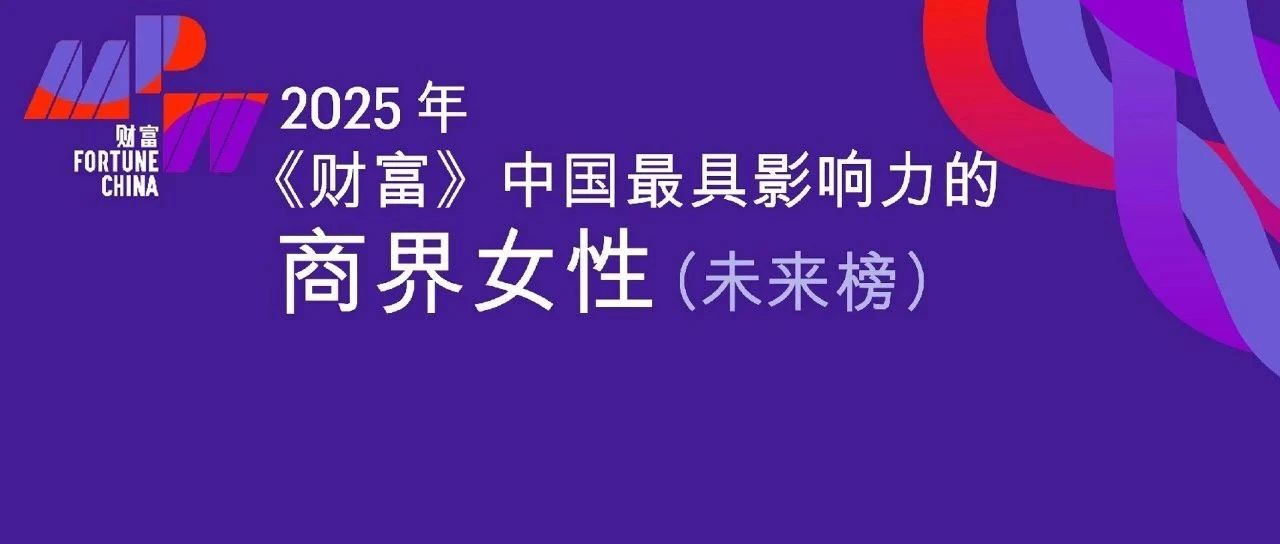







 Channel
Channel 
 Linkedin
Linkedin  Facebook
Facebook  Ins
Ins 

